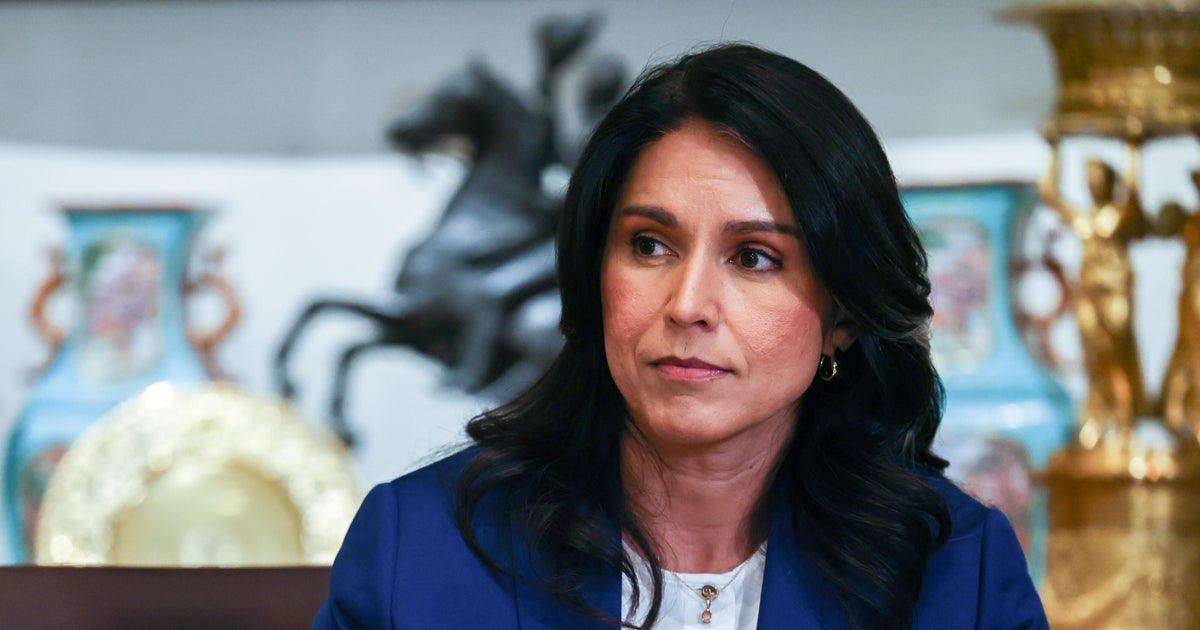DNI Gabbard’s Directive Restricts Russia-Ukraine Intelligence Sharing with Five Eyes Allies
DNI Gabbard’s Directive Restricts Russia-Ukraine Intelligence Sharing with Five Eyes Allies

Washington D.C. — A recent directive issued by Director of National Intelligence Tulsi Gabbard on July 20 has sparked significant concern among former intelligence officials, as it bars the U.S. intelligence community from sharing information regarding Russia-Ukraine peace negotiations with its closest allies in the Five Eyes network.
The memo, signed by Gabbard, designates all analysis and intelligence related to the ongoing Russia-Ukraine peace talks as “NOFORN” (no foreign dissemination). This means critical insights cannot be shared with the United Kingdom, Canada, Australia, and New Zealand – the traditional partners in the post-World War II intelligence alliance. Only information already in the public domain or unrelated diplomatic and military operational intelligence is exempt from this restriction.
The move has raised questions about the integrity of the long-standing Five Eyes partnership. Steven Cash, a former CIA officer, emphasized the importance of a “common intelligence picture” for allies to coordinate policy and negotiation strategies. Similarly, national security contributor Sam Vinograd warned of a potential “chilling effect” on vital intelligence sharing, suggesting allies might reciprocate with similar restrictions.
Conversely, other former intelligence officers, including Hudson Institute fellow Ezra Cohen, argue that such directives are not uncommon. Cohen stated that the U.S. and its Five Eyes partners frequently withhold information where interests diverge, suggesting the current criticism might be an overreaction or stem from political motivations concerning the DNI’s leadership.
As the Russia-Ukraine conflict continues to rage, the implications of this directive on international collaboration and the effectiveness of diplomatic efforts remain a focal point of discussion within intelligence and foreign policy circles.
Disclaimer: This content is aggregated from public sources online. Please verify information independently. If you believe your rights have been infringed, contact us for removal.